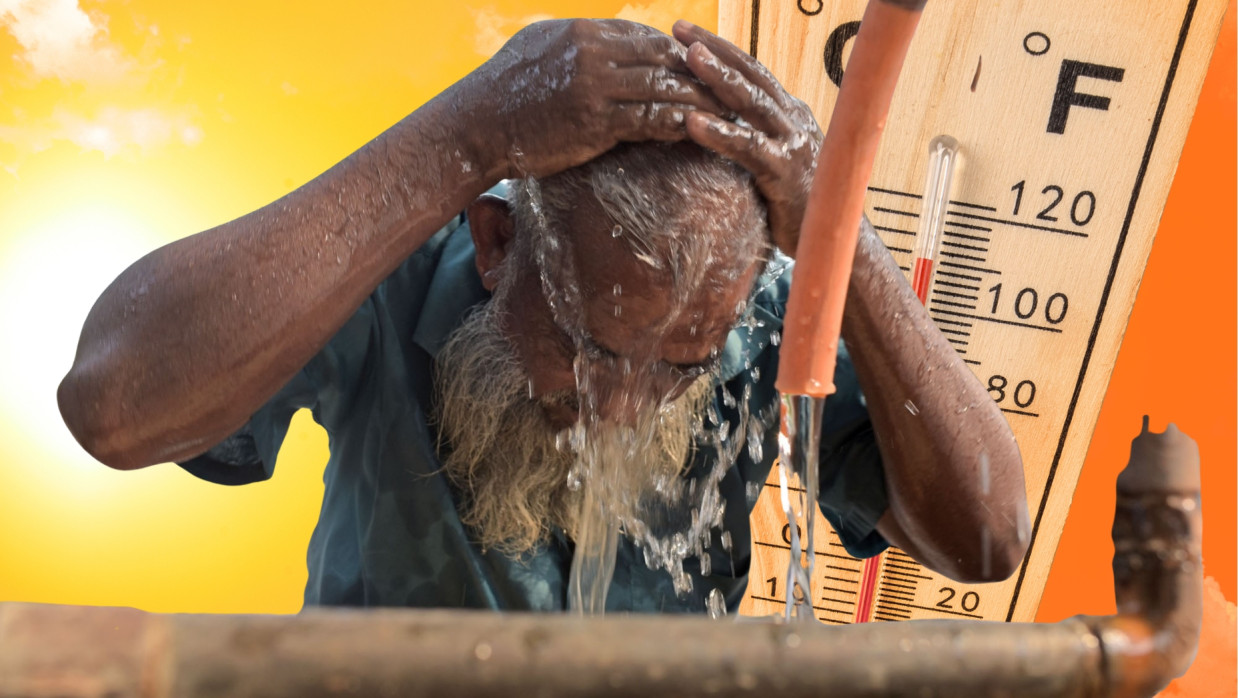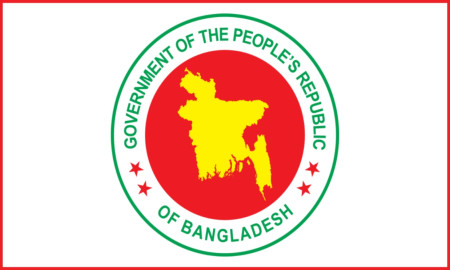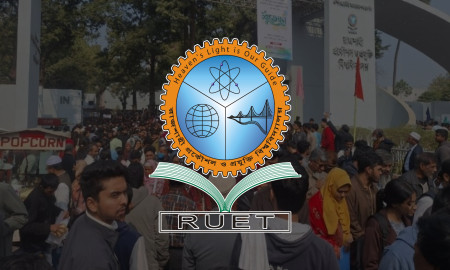Heatwaves Waste 250 Million Workdays Yearly, Costing Bangladesh Over Tk 21,000 Crore!

Intense heat in Bangladesh is causing massive loss of working hours annually, with significant economic repercussions. According to a World Bank report, the country lost nearly 250 million workdays in 2024 alone due to heat-related illnesses. This resulted in economic losses ranging from $1.33 to $1.78 billion, equivalent to about 0.3 to 0.4 percent of GDP. In taka terms, the damage exceeds Tk 21,000 crore.
The report, titled 'An Unsustainable Life: The Impact of Heat on Health and the Economy of Bangladesh', was launched on Tuesday (September 16) at a hotel in the capital. The report states that when temperatures exceed 37 degrees Celsius, workers' productivity drops significantly, adversely affecting Bangladesh's economy. The study analyzed the country's temperature and relative humidity data from 1976 to 2023. It also incorporated findings from a two-phase survey conducted on over 16,000 people in 2024.
Data shows that since 1980, the highest temperature has risen by 1.1 degrees Celsius, while the 'feels-like temperature' has increased by 4.5 degrees Celsius. Consequently, cases of diarrhea, persistent cough, respiratory diseases, and fatigue have surged. Heatwaves have also led to rising mental health issues, such as depression.
Jean Pesme, World Bank Division Director for Bangladesh and Bhutan, said, "Intense heat is not just a seasonal problem. Its impacts are far-reaching. In Bangladesh, we are seeing rising temperatures affect our health, productivity, and the country's economy. Coordinated actions can mitigate the effects of heatwaves."
Currently, Bangladesh ranks second globally among countries at high risk from extreme temperatures. The capital Dhaka is the most affected city, where the heat index has risen by nearly 65 percent compared to the national average. The report notes that during summer, incidents of diarrhea and persistent cough are double those in winter. Women suffer more from heat-related illnesses. Depression and anxiety increase in the hot months, worsening with age. Heat-related problems are most prevalent among those aged 50-65.
Due to these physical and mental health issues, economic losses are higher in summer than in winter. World Bank's Senior Operations Officer and co-author of the report, Iffat Mahmud, said, "There is a clear link between heat-related health problems and reduced productivity."
The World Bank has called for urgent and coordinated measures to protect lives, livelihoods, and the economy from heatwaves. The report recommends enhancing multi-sectoral national preparedness for heatwave management, strengthening the health system, and increasing greening in urban areas.












